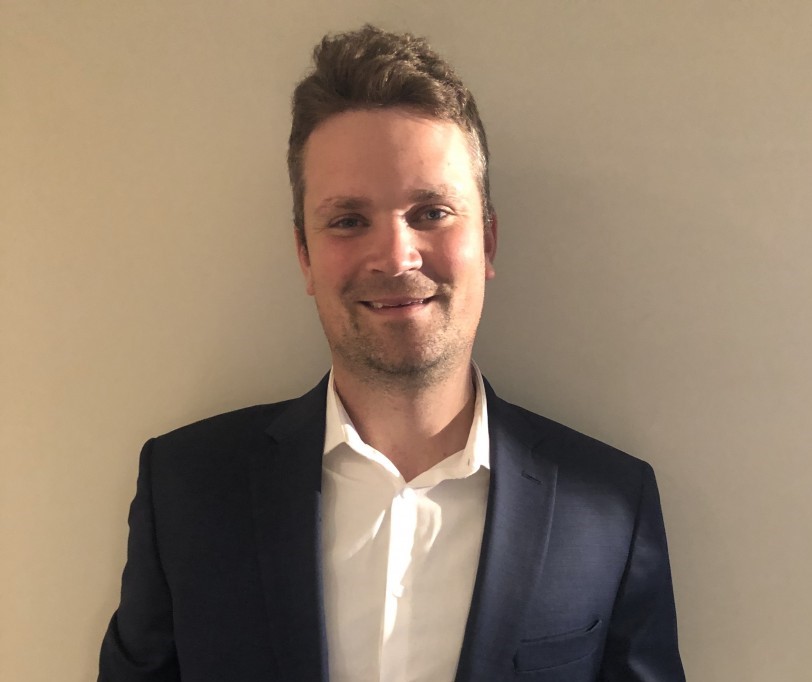Sheamus MacDonald’s work in protecting fish product supply chains and enhancing the sustainability of fish stocks has been recognized with a Mitacs Entrepreneur Award.
MacDonald, President and Co-Founder of Dartmouth-based Sedna Technologies, has been named Global Impact Entrepreneur by Mitacs, a non-profit that supports Canadian growth and innovation. MacDonald is one of five researchers-turned-entrepreneurs to be celebrated.
Sedna’s technology focuses on lessening seafood waste, increasing revenue, and boosting sustainability by tracking and tracing the real-time condition of harvested fish as they move through supply chains.
MacDonald is the son of a Cape Breton fisherman, a background which fostered his commitment to sustainability.
“If you harvest a resource, the main thing is to make use of it. Cutting waste in supply chains is one way to do that,” said MacDonald in an interview.
Sedna started in 2017 when MacDonald and his technical Co-Founder Aleksandr Stabenow began focusing on the export of live lobster, a market that was growing exponentially. Since then, the focus has broadened to include other types of live seafood.
In recent years, this has been an increasingly profitable sector. Seafood exports to China in particular have grown rapidly. Nova Scotia has been the top Canadian fish and seafood exporter to that country, with exports of $525 million in 2018, according to the Department of Fisheries and Oceans, although the trade that has been decimated by the pandemic.
MacDonald said the pandemic's many impacts mean his team has adapted to training and supporting clients remotely. Nonetheless, Sedna's 2020 revenue is expected to be 50 to 100 percent higher than last year's, and the team of seven will soon be joined by a new software developer.
The company is expanding into new markets. Its main market is North America and it is seeking to expand in Australia and New Zealand, where it already operates, and in Europe, where it does not.
MacDonald said Sedna has various competitors but Sedna offers technology that is easy to use and allows clients to quickly identify where in a supply chain spoilage is occurring.
In February, the company received a $111,000 loan from the Atlantic Canada Opportunities Agency to help develop a water quality sensor. Sedna has also received money from Innovacorp. In 2018, it was one of 15 ventures that split $590,000 in grants in Innovacorp’s Spark innovation Challenge. It also received $50,000 from Innovacorp’s Accelerate Program.
Recently, Sedna has been shortlisted by the Ocean Startup Project in its Ocean Startup Challenge, a contest that will provide 10 oceantech companies with $25,000 each as well as in-kind services.
The finalists will be named Sept. 28. The Ocean Startup Project is part of Canada’s Ocean Supercluster. one of five innovation superclusters supported by the Canadian government.










